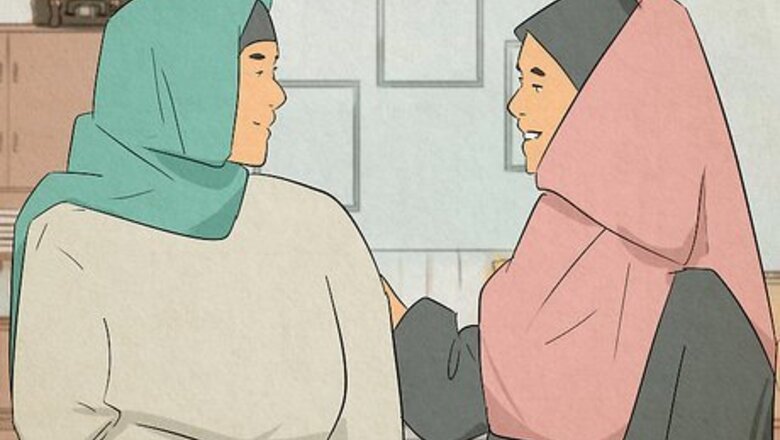
views
How do you say “thank you” in Modern Standard Arabic?
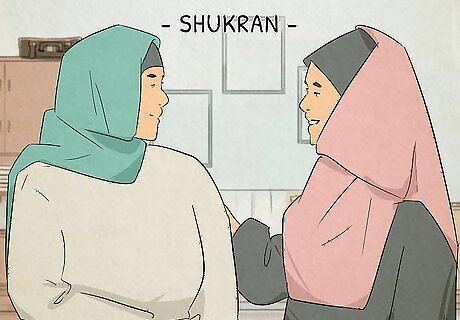
“Shukran” (شكراً) translates to a simple “thank you.” You can say this phrase in all Arabic-speaking countries, in both formal and informal settings, by speakers of any Arabic dialect. “Shukran” is derived from the root word “shakara,” which means “to thank.” Say “shukran” as a brief, casual comment when someone helps you out. Reply to "shukran" with "al-’awfoo" (العفو) or "‘af-waan" (عفواً)—these phrases translate to "you're pardoned" but mean "you're welcome" or "no problem."
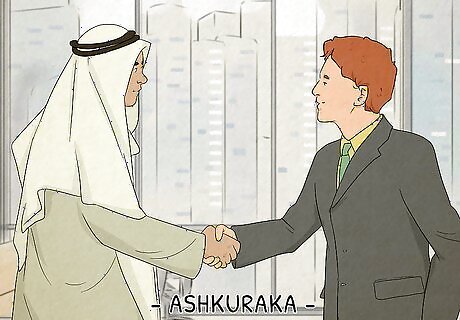
“Ashkuraka” (أَشْكُرُك) lets you give someone a quick "thanks." Even though it’s one quick comment, it’s used in a formal context. When you’re speaking to colleagues or your elders, say "ashkuraka" to build rapport and express respect. A response to "ashkuraka" that's just as short is "ahlan wa sahlan" (أهلا و سهلا), which simply means "welcome."
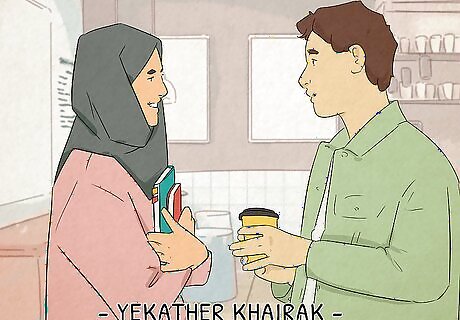
“Yekather khairak/ek” (يكثر خيرك) is a kind way to say, "I wish that God increases your welfare." "Khair" (خير) translates to "good." After you’re especially grateful for a favor, sing someone’s praises and wish them lots of luck for their good deed. A thoughtful response to this blessing is "wa Antum fa Jazakumullahu khayran." (ﻭَﺃَﻧْﺘُﻢْ ﻓَﺠَﺰَﺍﻛُﻢُ ﺍﻟﻠَّﻪُ ﺧَﻴْﺮًﺍ), which means "and you too, May Allah reward with Goodness."
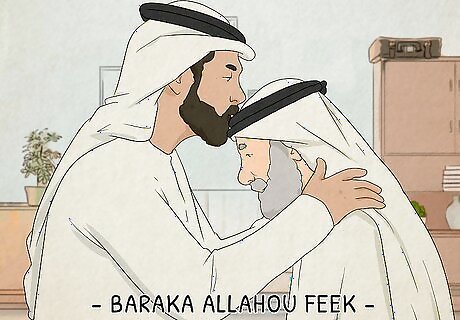
“Baraka Allahou Feek” (بارك اللَّه فيك) shows gratitude and expresses, "May Allah bless you." This expression is common among Muslims in all Arab-speaking countries. “Baraka” translates to “blessing” and captures the good will you feel for a thoughtful person. One way to reply to this kind sentiment is "jazakallah khiran" (جزاك الله خير), which is a prayer that translates to "may God reward you with good." Jane Wightwick Jane Wightwick, Arabic Language Expert One of the most important Arabic phrases to learn is shukran, meaning ‘thank you’. From buying bread at the local bakery to being served a meal at a restaurant, expressions of thanks are essential in polite Arabic culture. Simply say ‘shukran’ or the more formal ‘shukran jazeelan’ to convey your gratitude sincerely after receiving assistance or a kind gesture.
How do you say "thank you" in other Arabic dialects?
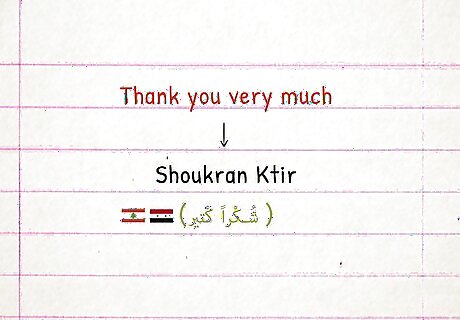
Syria and Lebanon: "Shoukran Ktir" (شُكْراً كْتير ) proves you're extremely grateful and means "thank you very much." It can be used either informally and formally, but it’s reserved for someone who's brought you lots of joy or relief. “Ktir” translates to “much” to express your level of appreciation. Respond with "ahlan wa sahlan" (أَهْلًا وَسَهْلًا), which means "welcome."
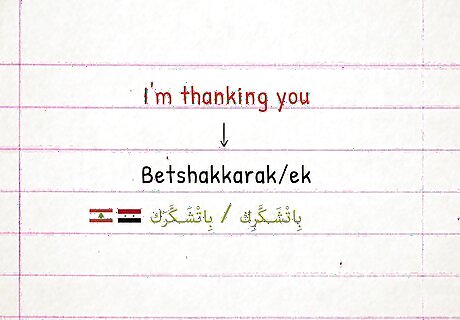
Around Lebanon and Syria: "Betshakkarak/ek" (بِاتْشَكَّرِك / بِاتْشَكَّرَك) is a polite, straightforward way to say, "I'm thanking you." Use "betshakkarak" when you talk to men and "betshakkarek" when you speak to women. Speakers of Modern Standard Arabic will also recognize this expression. Reply with "wala yhemmak" (ولا يهمك), a casual way to say, "don't worry about it."
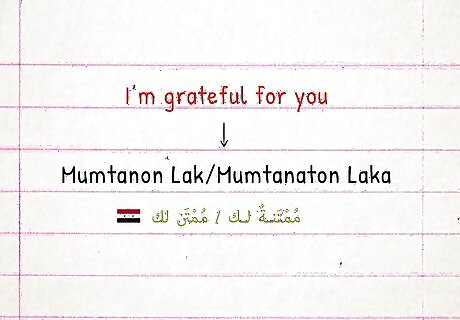
In Syria: "Mumtanon Lak/Mumtanaton Laka" (مُمْتَنةٌ لك / مُمْتَن لك) is a formal expression to tell someone, "I’m grateful for you." For example, you may use it when in a business meeting. Say "mumtanon lak" when addressing men and "mumtanaton laka" when speaking to women. Answer back with "ala ar-ruhbi wa as-sa’a" (على الرحب والسّعة), which simply means "you're welcome."
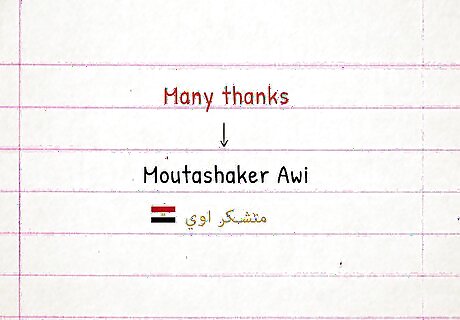
In Egypt: "Moutashaker Awi" (متشكر اوي) says you're very appreciative and means "many thanks." It can be used informally or formally—choose this expression when you want give a lot of praise because someone's been extremely generous. Accept these words of gratitude with "ash-shukru lillah" (الشكر لله), a formal expression that means "all thanks to Allah."
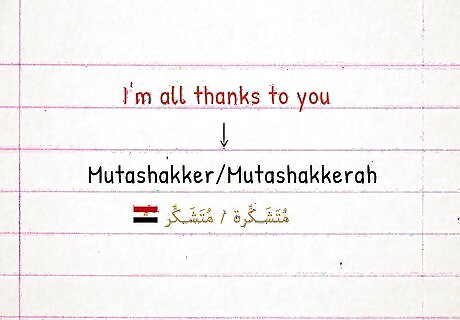
Around Egypt: "Mutashakker/Mutashakkerah" ( مُتَشَكِّرة / مُتَشَكِّر ) is a formal way to announce, "I'm all thanks to you." In professional or fancy settings where people are speaking Masri—Egyptian Arabic—use "mutashakker" with men and "mutashakkerah" with women. Respond with a remark like tekram (تكرم) if you're speaking to a male or tekrami (تكرمي) when you're addressing a female—both mean "you're so kind."
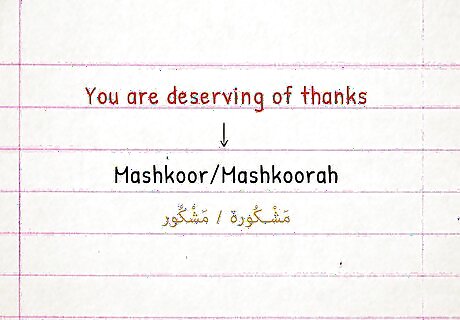
In Gulf countries: "Mashkoor/Mashkoorah" (مَشْكُورة / مَشْكُور ) is a formal way to declare, "You are deserving of thanks." "Mashkoor" is a synonym for "grateful." Say this when you want to acknowledge colleagues, mentors, or elders for all their support. Address men with "mashkoor" and women with "mashkoorah." Someone who's highly respected can respond to "mashkoor" or "mashkoorah" with a simple "ahlan wa sahlan" (أهلا و سهلا), or "welcome."
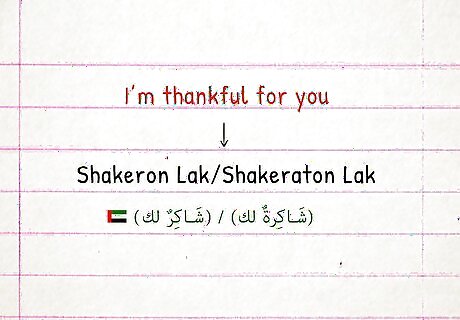
In the United Arab Emirates: "Shakeron Lak/Shakeraton Lak" (شَاكِرةٌ لك) / (شَاكِرٌ لك) is a formal way to tell a person, "I’m thankful for you." Use this Emirati Arabic expression when you'd like to voice appreciation in a very respectful tone. To be humble, answer with "ash-shukru lillah" (الشكر لله) to say "all thanks to Allah."
Other Thankful Expressions in Arabic
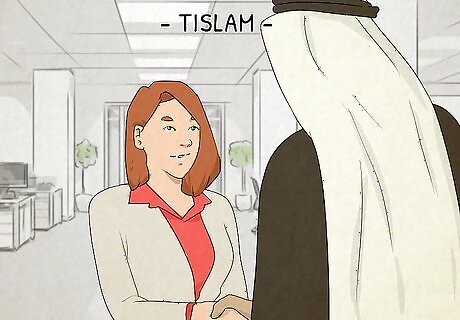
"Tislam/Tislami" (تسلم/ تسلمي): "Be well!" This phrase originates from the root word "salama," which means to "come out safe or healthy." The expression is used mainly throughout the Levant and some parts of the Gulf. When blessing someone has given you a gift or a favor, use "tislam" for a man and "tislami" for a woman. To bless the hands that have given you a gift or lifted away a burden, add "ideyk" (إيديك) for a male or "ideyki" (إيديكي) for a female. This changes the expression to "may your hands enjoy health."
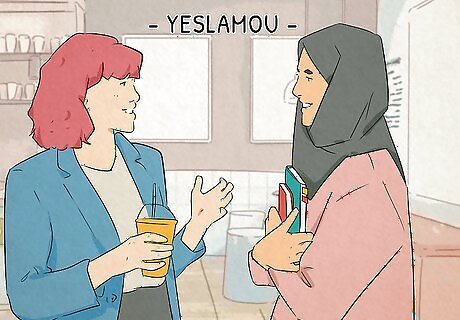
"Yeslamou" (يسلموا): "May your hands stay safe." When you're in Syria or Lebanon, say this if you'd like to be polite and respectful to someone who's provided you a service—such as a waiter or contractor. It's a kind expression to honor all the work they've done for you.
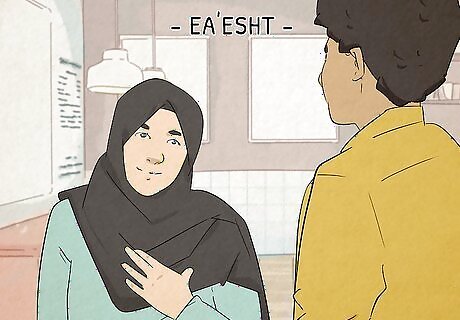
"Ea'esht" (عشت): "May you live a long life." Express this kind sentiment in Syria and Lebanon. It's a way to make someone smile because you appreciate them and their sweet gesture.
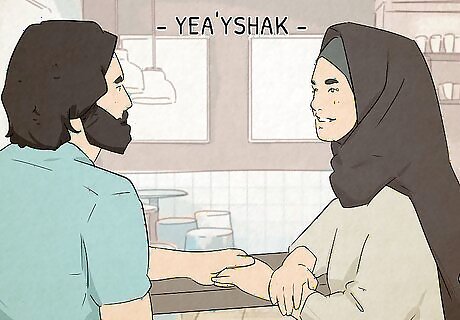
"Yea'yshak" (يِعَيِّشَك): "May God give you a long life." This formal phrase is spoken mostly in Tunisia and can be used as a special prayer. Express this to show your faith, wish someone the best, and ask for blessings on their behalf.
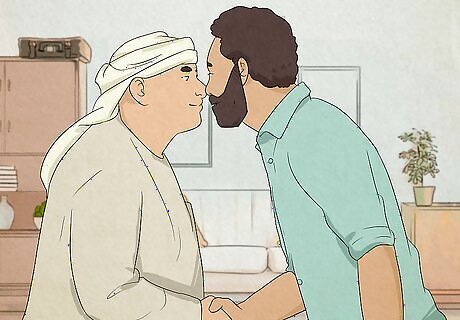
"Nā etʿallemt ḥāgāt ketīr ʾawī besababak" (أنا اتعلمت حاجات كتير أوي بسببك): "I have learned so much thanks to you." If you're improving your Modern Standard Arabic skills and your teacher gives wonderful lessons, give them this sincere compliment. This phrase is also a great way to praise any mentor of yours.
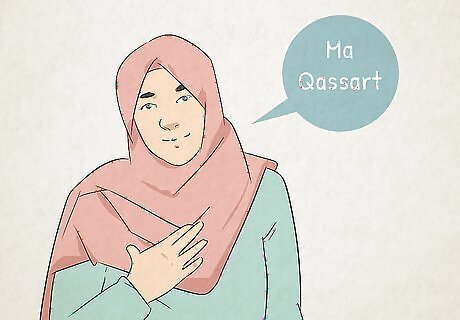
"Ma Qassart"/"Ma Qassarti" (ما قَصَّرتِي / ما قَصَّرْت): "You did the best you could and you didn’t limit your kindness or favor on me." In Modern Standard Arabic, this poetic expression captures how much effort someone put into supporting you. Make this thoughtful remark to remind them you really value them.




















Comments
0 comment